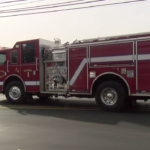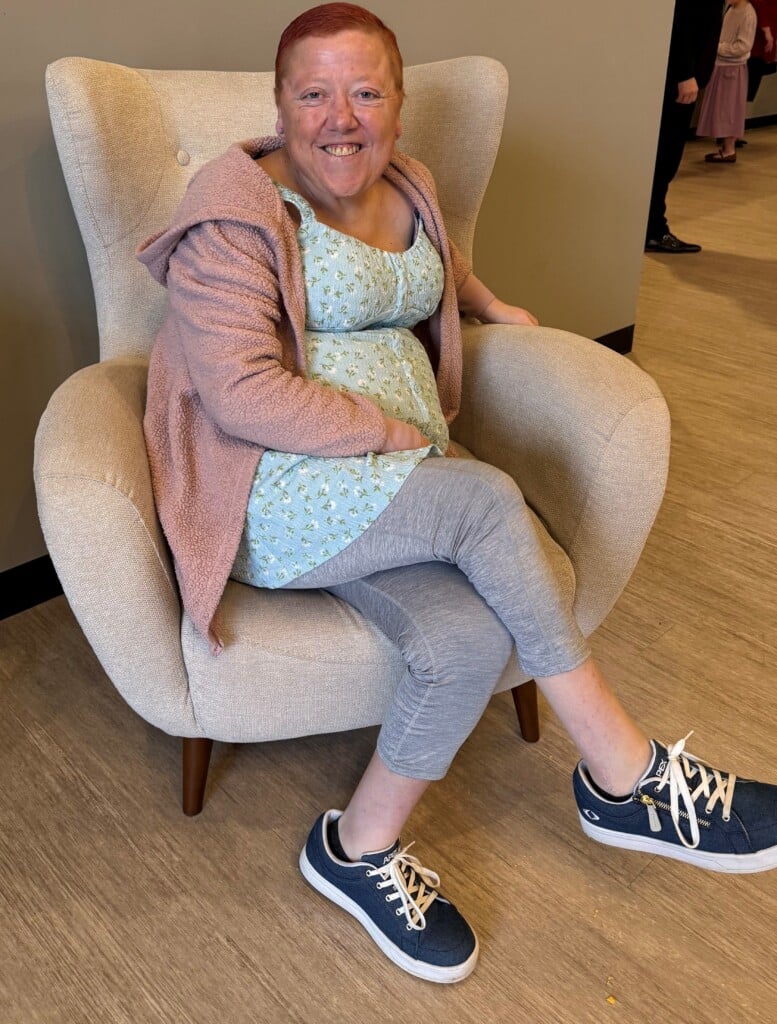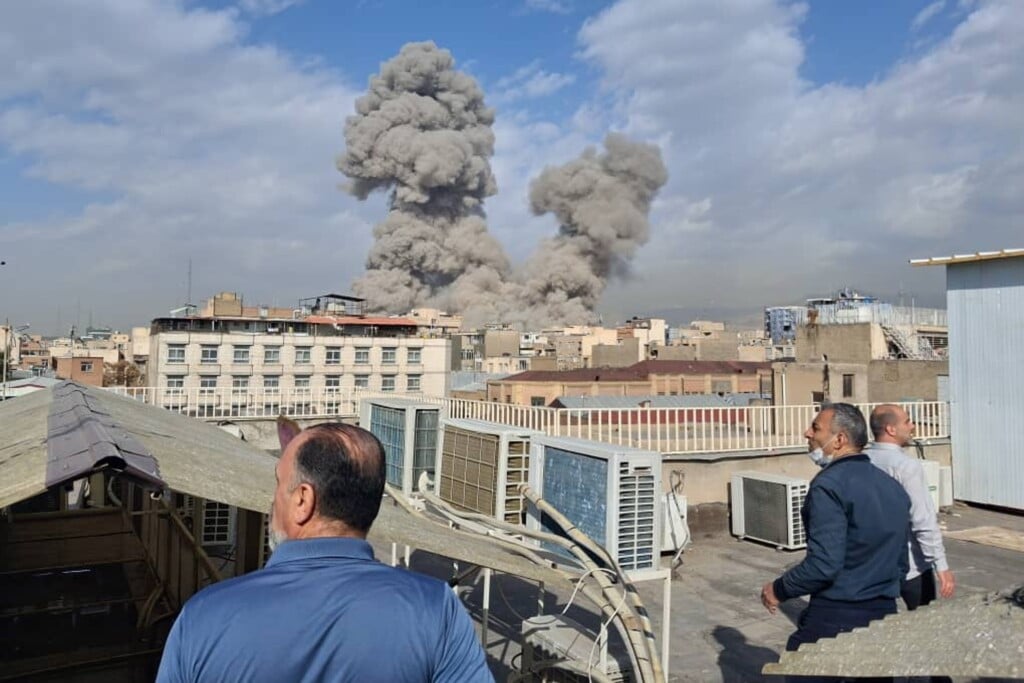Kentucky firefighters discuss mental health, dangers of the job following recent deaths

LEXINGTON, Ky (WTVQ)- Firefighters have been responding to some major situations here in the state, from the ongoing wildfires to the building collapse in Martin County.
Some of the things firefighters see and do every day can have a major impact on their well-being.
Jake Hall is the Kentucky Division of Forestry’s Hazard Branch Manager. He says their main job is responding to wildfires in Kentucky. He knows first hand the stresses of what it takes to be a firefighter. He says firefighters often miss special occasions and holidays while keeping residents safe. There is also the strain of wearing pounds of gear to help fight the blazes or responding to accidents.
“The mental stress of being in that high adrenaline, stressful situation 24/7 for a busy fire period like we’re having right now, weeks at a time with what seems like no break,” says Hall.
Hall also understands the risks involved. Recently, several Kentucky firefighters have lost their lives while doing the jobs they love the most.
“You pray it never happens to you, but when it does, it certainly hits home,” says Hall.
Governor Andy Beshear on Monday announcing the death of South Oldham fire sergeant Tom Petschke. October 27th, Whitesburg Fire Department assistant Chief Joe Back suffered a medical emergency while on shift and later died. A day later, Regina Huffman of the Coon Creek Fire and Rescue in Leslie County died in a car accident on the way to a scene.
“There are things we see on runs and just our normal work days that are traumas, that most people wouldn’t see in their lives. We see them on a daily basis,” says Andy Carter of the Lexington Fire Department.
Carter serves as the department’s Peer Support Coordinator. He and his team of volunteers help provide mental health advocacy and support within the department.
“Where I think we’ve been a little more successful is we broke that culture to where now when something happens, my phone or our members phones on the peer support team just blow up. And it’s from people that were not on the run, but are hearing it and say hey you all need to check in on these guys,” says Carter.
Carter says the department also helps teach coping mechanisms to help educate spouse’s and family members on ways to help firefighters following an incident.
There are also state and federal resources in place aimed to provide even more support.
“If there is a traumatic experience, they offer counseling and one-on-one sessions that you can go to and help process whats happened,” says Hall.
Carter says the peer support volunteers are trying to change the culture surrounding mental health by breaking the stigmas.. He encourages his firefighters to do their jobs and then come to the peer support for help in processing what they’ve gone through.



